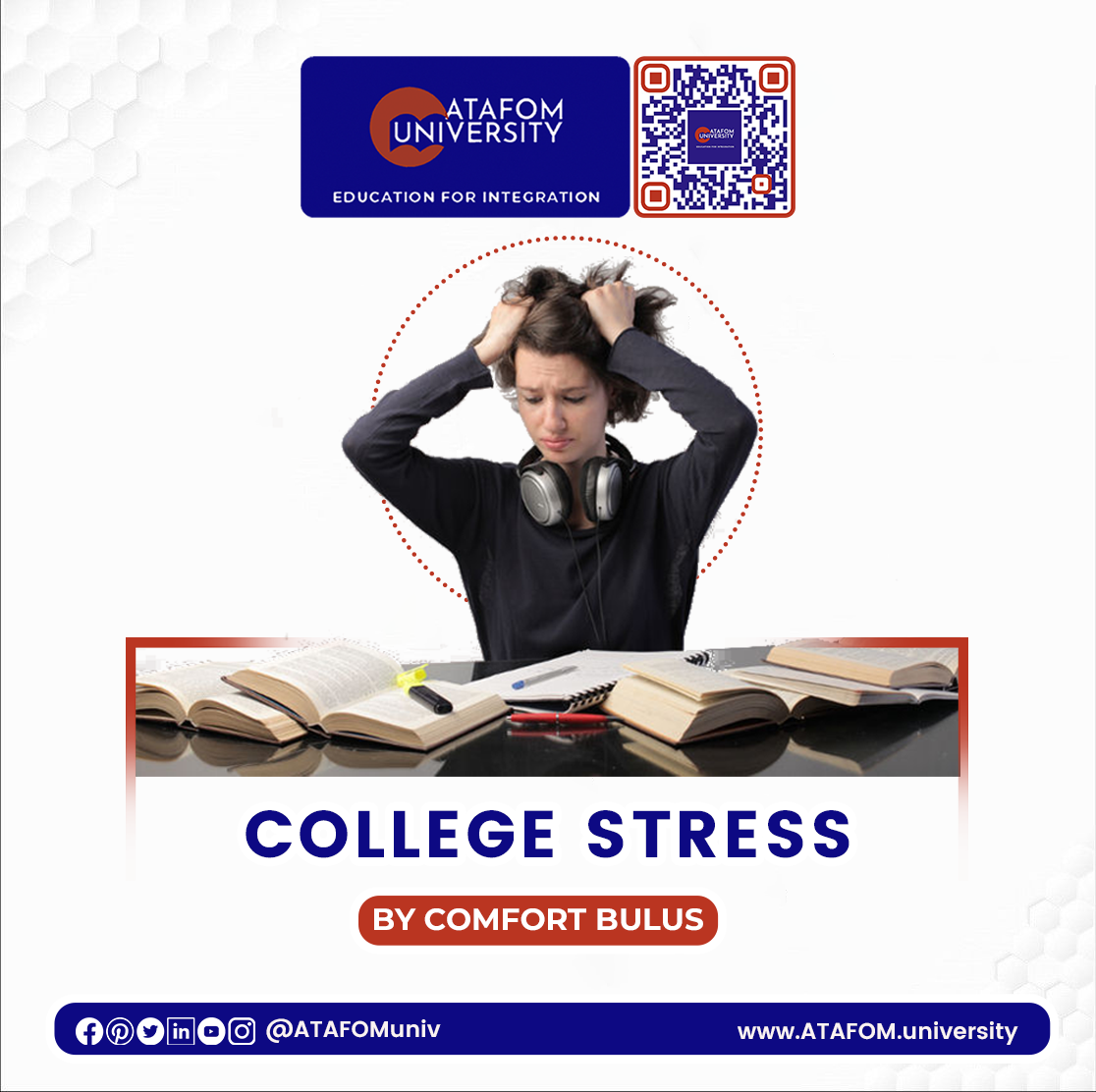Stress affects almost everyone to some degree, and college students are by no means an exception. For a variety of reasons, many college students say they experienced variable degrees of stress during their time in school. The body uses stress as a means to respond to demands of any kind. Its signs might be mental, physical, or social, and they include headaches, irritability, hunger loss or gain, excessive sleeping, or lack of sleep. Everyone suffers stress at some point in their lives. Stress can be caused by an individual’s studies, health, finances, job, family, and the list goes on. The loss of a loved one can occasionally be stressful. While some people manage stress well, others fail to take the necessary actions, which causes tension in their lives. Although everyone experiences stress differently, for various reasons, and in a variety of ways, you don’t have to let it cripple you or keep you from achieving your objectives.
Short-term, moderate levels of stress might be beneficial since they can spur us on to study for tests or make other constructive adjustments in our lives. Nevertheless, persistent or prolonged stress can be damaging since it prevents our bodies from knowing when to resume normal function. Our bodies and minds are negatively impacted by chronic high stress in several ways. It can:
- interfere with academic performance or attendance
- Heart disease, high blood pressure, diabetes, depression, and anxiety are among the serious health problems that interfere with cognitive functions like attention and focus.
What are some of the main reasons why college students become stressed out?
- RESIDING AWAY FROM HOME
Many students find the change from high school to college thrilling because it’s their first time living away from home. However, independence also brings with it new duties and the need to take responsibility for your acts. Learning to take care of oneself and adjust to a new environment can be difficult. When students are aware of how far away their family and friends are it is common for them to feel depressed and under a lot of stress.
- FINANCIAL CONTROVERSIES
Many low-income families and students who balance employment and school are highly stressed by the escalating cost of higher education. According to one report, 70% of college students struggle financially. This stress results from juggling a full course load with managing college expenses such as tuition, textbook costs, food plans, and miscellaneous expenses. This increased stress raises the risk of dropping out of school for many students.
- PRESSURE IN CLASS
Academic achievement is among the factors that cause the most stress in college. There is a lot of pressure on students to perform well in school, which can be bad for their mental health. This pressure may be brought on by the need to maintain a certain GPA to keep a scholarship, the need to avoid disappointing parents or other factors. Academic stress can cause mental health problems like anxiety, depression, substance abuse, burnout, and a decline in health and well-being if it is not controlled.
- DISPUTE WITH A ROOMMATE
Most colleges only offer communal living areas, while other colleges give students the choice to select a private room in a resident hall. If strangers are placed in a cramped space together, tension and conflict are likely to arise if they don’t get along or make friends. The conflict between roommates has been linked to lower academic performance and a higher risk of leaving school, according to research.
- RELATIONSHIP PROBLEMS
Students can build new relationships in college while still preserving those they already had before they left for school. Relationships with one’s partners, family, and friends might help you decompress. However, if these connections fail, a student could feel a lot of tension and anxiety. It’s vital to determine whether a relationship makes you feel more supported or stressed out. If a healthy resolution cannot be found, stressful relationships may affect academic performance and mental health.
Many healthy coping mechanisms exist for students to deal with stress, including developing a support network, taking up a new activity, and practising time management. Other methods for reducing stress include keeping a journal and getting therapy or medical attention. Don’t use alcohol or drugs to relieve stress. The resultant effects can be rather devastating. At ATAFOM University International, we care and understand the challenges students face so we have structured our degree programs to fit particular needs and ease the stress levels that come with many University programs. Our mentoring cum educational processes provide students with a personalized educational experience that some have found lacking elsewhere. ATAFOM University International – We care because YOU MATTER!


